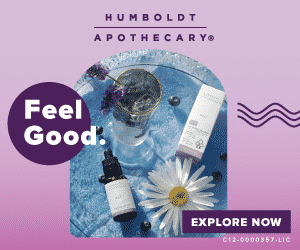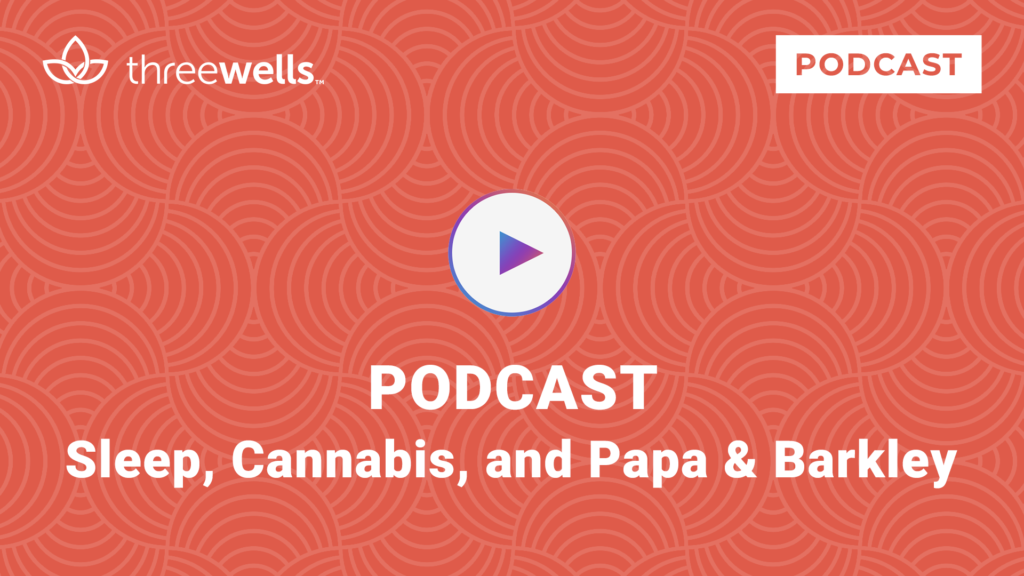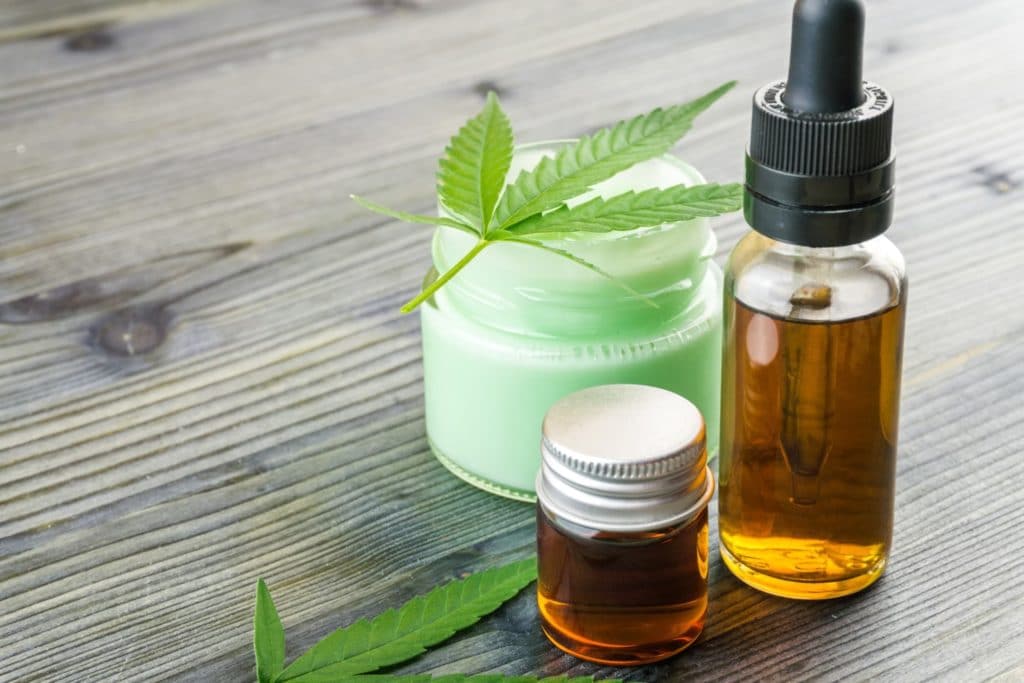Read Time: 4:00 Mins.
What is CBD?
CBD is an abbreviation for Cannabidiol, a chemical compound found in both hemp and traditional cannabis plants. The primary difference between the two plants is that hemp lacks Tetrahydrocannabinol (THC), the compound that produces the psychoactive effects in cannabis. To be classified as a hemp plant, it must contain less than 0.3% THC by volume.
CBD is extracted from the harvested plant using various processes to separate CBD from the other compounds in the plant. Common extraction methods utilize carbon dioxide, olive oil, dry ice, or industrial solvents such as ethanol, alcohol, and butane. Many CBD products use a “full-spectrum” approach, also known as the whole plant, to include other naturally occurring compounds such as trichomes, phytocannabinoids, and terpenes. These and other cannabinoids interact with each other to achieve a more balanced approach for wide-ranging health and wellness benefits.
An “isolet” CBD product is the opposite of a full-spectrum approach and the plant’s other ingredients are excluded from the final formulation. This allows for a purer concentration of CBD in a powdered product. They tend to be more expensive as they require more processing to create the CBD in powder form. However, there is considerable debate as to whether a “purer” CBD isolet is more effective than a full-spectrum CBD product.
Products derived from traditional cannabis also use the full-spectrum approach and may adjust the CBD to THC ratio for different doses and purposes. These products also incorporate what’s referred to as the “Entourage Effect” because all the plant’s ingredients (including THC) seem to work better together. In most products, the CBD to THC ratio is controlled during the creation and blending process, resulting in different products for different purposes. Products containing both CBD and THC are only available in licensed cannabis dispensaries.
For traditional cannabis buds, the CBD to THC ratio varies from strain to strain based on the cultivator’s intent. Some strains may contain higher CBD levels or conversely, more THC. It is important to understand that CBD and THC levels are not determined simply because it is an Indica or Sativa strain. This is another positive result of tested, licensed products as (depending on your state’s regulations) the packaging label will contain the CBD and THC content.
Will Hemp-Based CBD Make Me High?
No, it will not. No matter how much you consume, a CBD product made from hemp will not contain THC or less than .03%. On the other hand, if you purchase a product from a licensed medicinal cannabis dispensary, ask questions about the product and read the label. Remember, different CBD to THC ratios exist for products sold in dispensaries. Make sure you understand what you are purchasing and the reasons for it.
How Does CBD Support Adult Health?
CBD shows great promise in supporting relief from anxiety, pain, nausea, and help with relaxation and sleep. It also appears to act as an anti-inflammatory agent, especially for topical products. Some very specific products are shown to help fight epilepsy, and a limited 2017 study indicated that it might also help in lowering blood pressure.
Decades ago, scientists discovered that our bodies have natural “receptors” identified as CB1 and CB2. The CB1 receptors are predominantly found in our brain, spinal cord, nervous system, connective tissues, and a few organs. CB2 receptors are in our immune system, spleen, and gastrointestinal system. When you ingest cannabis, both receptors are activated, but in different ways. Research suggests that THC primarily affects CB1 receptors, while CBD does not “bind” to either receptor. It interacts with different pathways in our bodies, including what medical experts define as a G-coupled protein receptor which affects neurological processes. This may be part of the Entourage Effect with both CBD and THC causing different reactions yet working together in our bodies.
All CBD Products Are Not Created Equal
As a young boy, one of my favorite TV shows was The Wild Wild West starring Robert Conrad. Well, in many respects, the current CBD industry resembles the wild west of our past. While excellent products exist, hemp-based CBD products are currently unregulated, sometimes requiring Treasury Agent James West to save us from the mad scientists. Unlike licensed medicinal cannabis, no testing regulations or standards exist for hemp products. On the other hand, CBD products sold in dispensaries containing THC must meet the state’s strict testing requirements. In the end, like all products meant to help people, transparency, authenticity, and third-party testing are critical when making a purchasing decision.
Is CBD Legal in All 50 States?
With the passage of the Hemp Farming Act of 2018, hemp production is expected to grow exponentially across the nation. In theory, under certain conditions, this also legalized hemp-based CBD products potentially making them available in all 50 states. The USDA will regulate hemp farming and the FDA will regulate medicines derived from hemp along with CBD-infused food and beverage products. For example, the California Dept. of Health recently raided a coffee bar serving “CBD-infused” beverages as no current FDA regulations permit such use in licensed business establishments. So, while you may be able to order hemp-based CBD products online or find them in retail stores, for the moment, this does not mean they are completely legal in the city or state where you live. This gray area of the law will clarify as time passes, but even now, the potential risk is most likely a minimal one, especially for topical products, cosmetics, balms, and lotions.
At Three Wells, we know the people behind the products on our site and trust them. They are excellent companies providing reliable CBD products from both hemp and traditional cannabis sources. When we refer to them as our community partners, we mean it.
Do you use CBD products? What’s your experience with them? We’d love to hear about it, so please comment on our social channels or register here and leave a comment about this article or on our product pages.
Karl Phillips is a writer who covers the cannabis community from Los Angeles, CA.



